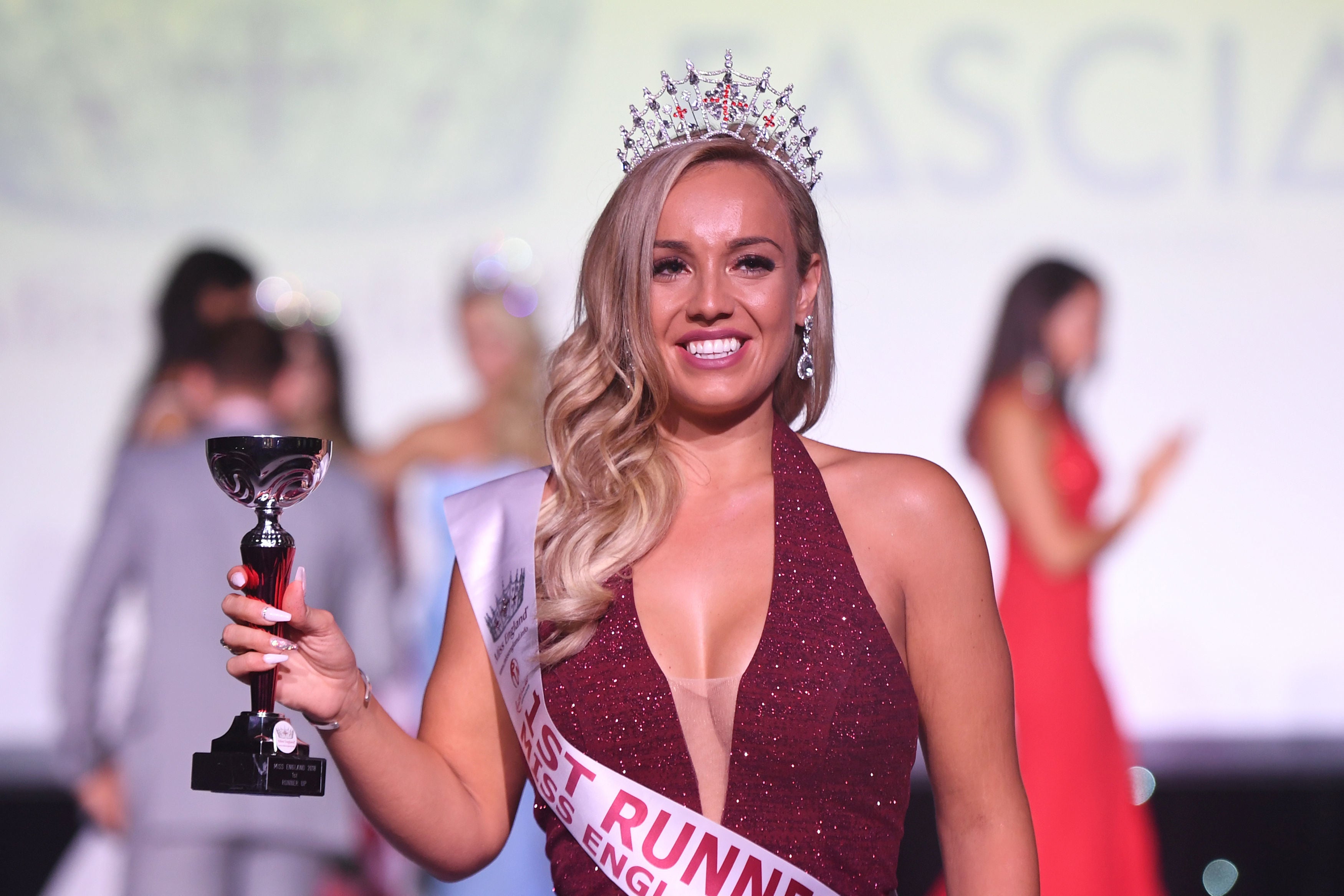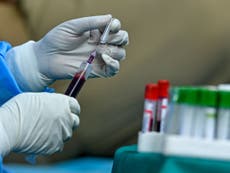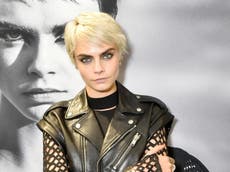It’s important Miss Great Britain Jen Atkin ‘came out’ as bisexual – we’re too often made invisible
The more that bi people speak up and live their truth, the more we can dispel myths and prejudice


Your support helps us to tell the story
From reproductive rights to climate change to Big Tech, The Independent is on the ground when the story is developing. Whether it's investigating the financials of Elon Musk's pro-Trump PAC or producing our latest documentary, 'The A Word', which shines a light on the American women fighting for reproductive rights, we know how important it is to parse out the facts from the messaging.
At such a critical moment in US history, we need reporters on the ground. Your donation allows us to keep sending journalists to speak to both sides of the story.
The Independent is trusted by Americans across the entire political spectrum. And unlike many other quality news outlets, we choose not to lock Americans out of our reporting and analysis with paywalls. We believe quality journalism should be available to everyone, paid for by those who can afford it.
Your support makes all the difference.Earlier this week, Miss Great Britain 2020, Jen Atkin, came out publicly as bisexual. She’s the latest in a number of public figures to come out as bi recently, including Impulse actor Maddie Hasson, The Borgias star François Arnaud, and US congressional candidate Mckayla Wilkes.
When a famous person comes out as a member of the LGBTQ+ community, we often see well-intentioned but misguided comments along the lines of, “who cares what your sexuality is? I wouldn’t declare that I’m straight. Your fans care about what you do, not who you love.”
It would be lovely to live in a world where sexuality truly didn’t matter. But we do not yet live in that world. Research shows that LGBTQ+ people are at an elevated risk of experiencing poor mental health, young queer people are more likely to experience suicidal thoughts than their straight and cis peers, and a 2019 report indicated that around 13 per cent of children were bullied due to their (actual or perceived) sexual orientation. According to United Nations research, bisexual women are also more likely to experience sexual violence than either straight women or lesbians.
We cannot declare sexuality unimportant when it meaningfully impacts so many parts of our lives. Speaking as a bisexual person, it still feels important, significant, and something to be celebrated whenever a public figure comes out and identifies themselves as a part of our community.
Bisexuality is often an invisible orientation. Many still hold binary views of sexuality, believing that a person can only be exclusively gay or exclusively straight. Assumptions tend to be made about bi people based on the gender of our current partners. But I’m no less bi because my partner happens to be a man.
Bisexuality isn’t about who a person is dating at the moment, but about their potential to be attracted (sexually, romantically, or both) to people of more than one gender. Every move towards greater visibility helps all of us in the bi community, normalising our identity and showing the world that we exist.
Even when bisexuality is recognised, it tends to come along with a host of negative stereotypes – that bi people are cheaters, incapable of being faithful, greedy, more likely to transmit an STI, or just lying about our sexuality on our way to identifying as gay.
Biphobia is sadly common in both straight and gay communities thanks to these stereotypes.
The more bi people speak up and live their truth openly and proudly, the more we can dispel these myths. In fact, when a public figure comes out as bisexual, they often cite busting myths and tearing down stereotypes as part of their motivation for speaking up.
There’s a popular design that often appears on T-shirts, pin badges, and so on in the bi community. It reads “this is what a bisexual looks like!” It’s a tongue-in-cheek way of addressing the fact that our culture still holds very specific ideas about who LGBTQ+ people are, what we look like, and how we behave.
In fact, the LGBTQ+ community is incredibly diverse and you cannot tell someone’s sexuality or gender identity just by looking at them. Every individual who comes out adds diversity to the wider perception of LGBTQ+ identities more broadly and bi people specifically.
They help show that, in fact, a bisexual person can act, think, look, and be any way they want.
For better or worse, people in the public eye are often viewed as role models. Young people, in particular, look up to celebrities and public figures like Atkin. When those people are out and proud of who they are, it gives young fans who share their identity permission to do the same.
Feeling alone or as though no-one understands what you’re going through is an incredibly common experience among LGBTQ+ young people and those who have not yet come out. One study indicated that loneliness can be a particular risk factor for poor mental health outcomes among bi people. Seeing a happy, successful person saying “yes, I’m bi” can combat those feelings of isolation and provide much-needed hope.
Every time a bi person comes out in the public eye, we take a step towards greater understanding and a more equal world. And that is something to be applauded.




Join our commenting forum
Join thought-provoking conversations, follow other Independent readers and see their replies
Comments